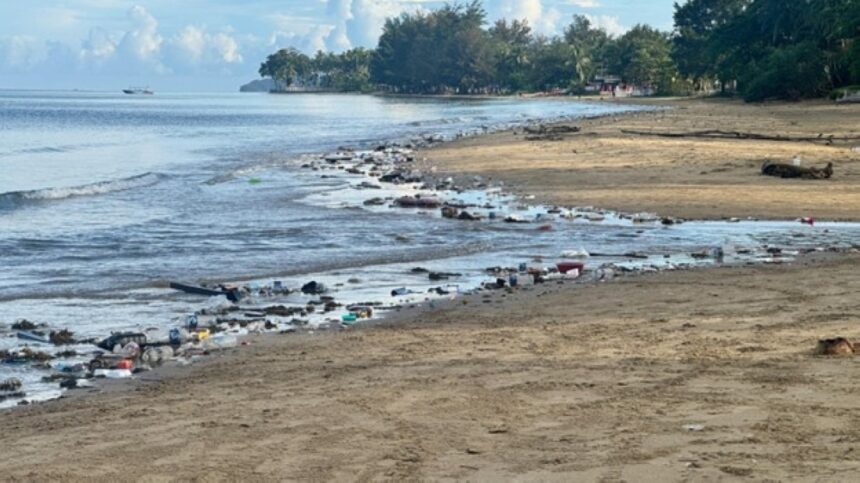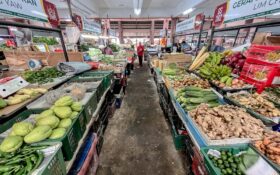KOTA KINABALU, June 11 — The Sabah Integrated Pest Management Association (SIPMA) has voiced serious concerns over deteriorating public hygiene in several popular areas across the state, particularly Darvel Bay Plaza in Lahad Datu and Tanjung Aru Beach in Kota Kinabalu.
The growing accumulation of unmanaged waste is not only marring the scenic beauty of these destinations but also posing significant health, safety and environmental threats.
The problem of uncollected garbage has persisted for months, worsening especially after weekends and public holidays. Tourists and vendors often leave behind large amounts of trash following events and gatherings. However, cleanup efforts have failed to keep pace, allowing the situation to spiral.
SIPMA president Mervin Liew warned that the increasing litter problem is attracting pests such as rats, cockroaches and flies — all known vectors of diseases.
“Even more concerning is the build-up of plastic and polystyrene waste, which frequently clogs drainage systems and results in stagnant water. This creates ideal breeding grounds for Aedes mosquitoes and flies, increasing the risk of dengue fever and malaria outbreaks,” he said.
“These issues not only endanger public health but also contribute to flash floods during heavy rains, as garbage is swept into rivers and coastal areas, harming the natural environment.”
Liew stressed that the consequences go beyond health risks, potentially impacting local businesses and tarnishing Sabah’s reputation as a prime tourist destination.
He emphasised that while local authorities face limitations in manpower and resources, tackling the issue requires collective civic responsibility.
“Maintaining cleanliness is not solely the duty of municipal councils. It requires the active involvement of the community, businesses, tourists and government agencies,” he said.
“We must foster public awareness and participation to ensure long-term, sustainable change. A clean environment not only prevents disease but also reflects our sense of responsibility and social progress.”
SIPMA reiterated its support for awareness campaigns, public education, clean-up drives, and inter-agency collaboration to address these ongoing challenges.
“Sabah is blessed with natural beauty and rich biodiversity. It’s our shared duty to preserve this environment and promote sustainable development for future generations,” Liew said.
For pest-related concerns or more information, the public can contact SIPMA via email at [email protected] or through their official Facebook page: facebook.com/sipma.sabah. — The Borneo Post
Source: 
Trash trouble in Sabah: Waste, pests and health risks plague tourist hotspots

































